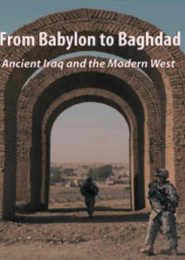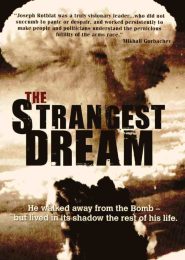The Death of Yugoslavia (1995-1996)
The Death of Yugoslavia, a BBC documentary series, originally aired in September and October 1995, with a subsequent return in June 1996. Accompanied by a BBC book authored by Allan Little and Laura Silber, the series delves into the tumultuous collapse of Yugoslavia, the ensuing wars, and the eventual signing of peace accords.
The narrative unfolds through a powerful blend of archived footage and interviews with key players in the conflict. These interviews feature prominent figures such as Slobodan Milošević, Radovan Karadžić, Franjo Tuđman, and Alija Izetbegović, as well as international political actors involved in peace initiatives. The documentary provides a comprehensive view of the events that shaped the region during this critical period.
Here’s a brief overview of the six episodes:
- Enter Nationalism (3 September 1995):
- Following the death of Josip Broz Tito, rising nationalism grips Yugoslavia.
- Slobodan Milošević’s ascent to power in Serbia exacerbates tensions, particularly in relation to the Kosovar Albanians.
- The Road to War (10 September 1995):
- Croatia’s first free parliamentary election in April 1990 set the stage.
- Ethnic Serbs in Croatia felt threatened by President Franjo Tuđman’s nationalist tone, leading to the Log Revolution in August 1990.
- Croatia’s independence referendum in May 1991 was approved by a wide majority, and the Battle of Vukovar marks the start of the Croatian War of Independence.
- Wars of Independence (17 September 1995):
- Slovenia and Croatia declare independence and seek international recognition.
- However, Belgrade (the capital of both Serbia and Yugoslavia) opposes this move, viewing it as the collapse of Yugoslavia.
- The Gates of Hell (24 September 1995):
- The series continues to explore the escalating conflicts and their devastating impact on the region.
The Death of Yugoslavia received critical acclaim, winning a BAFTA award for Best Factual Series in 1996. It also earned the 1995 Peabody Award and the 1997 Gold Baton at the Alfred I. duPont–Columbia University Awards. Notably, interviews conducted for the series have been used in war crimes prosecutions by the International Criminal Tribunal for the former Yugoslavia (ICTY).




